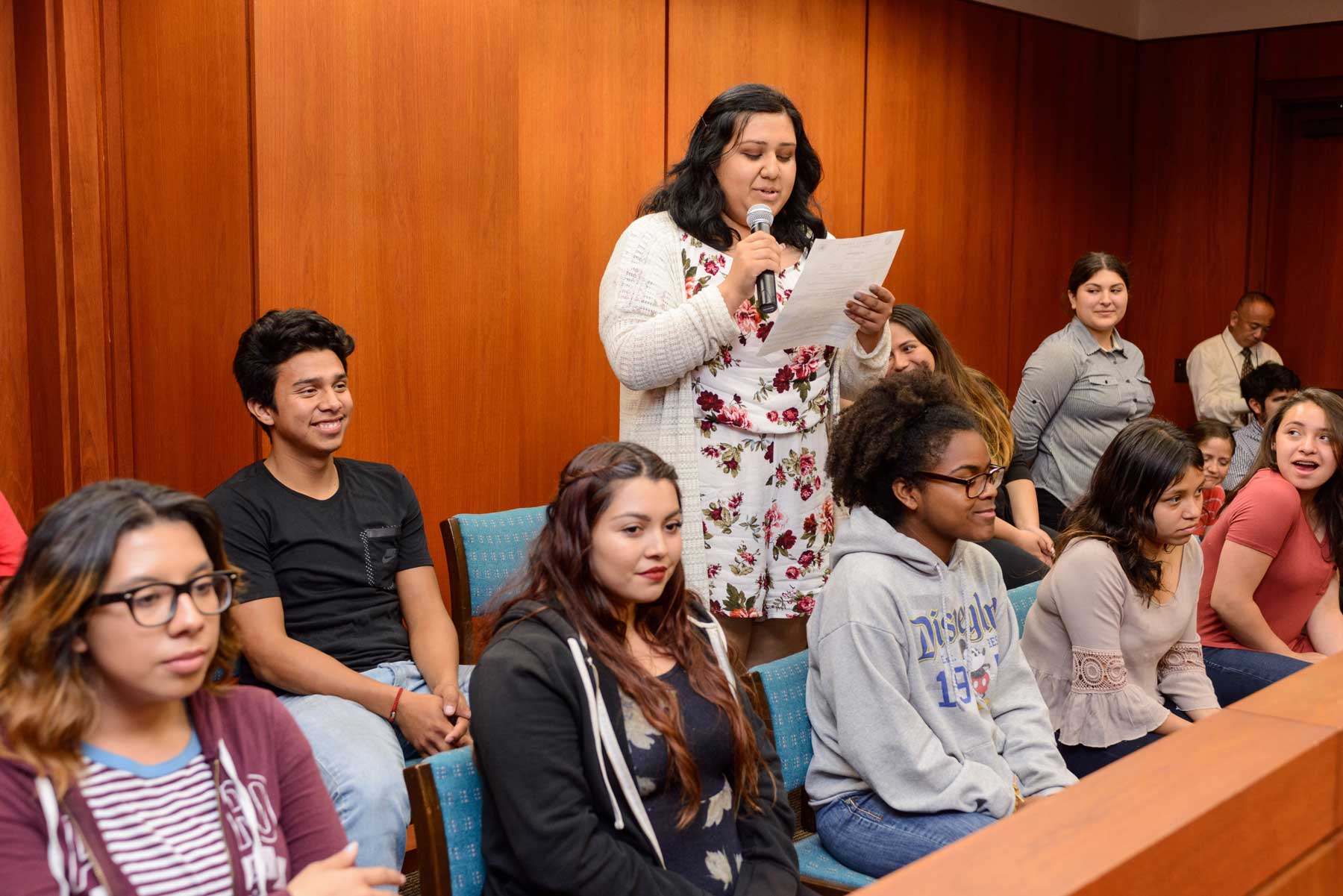Ever since their inception in the 1980s, Teen Court programs have increasingly gained popularity. Social researcher Charlotte Bright notes that these programs receive over 100,000 referrals annually across 49 states and Washington D.C. Teen Court serves as an alternative model of juvenile justice, where defendants, admitting guilt to a nonviolent misdemeanor, are tried by a jury of their peers under a judge’s supervision. Though their offense is expunged from their record, sentences may include community service, apology letters, or counseling.

The Orleans Parish Juvenile Court
The Orleans Parish Juvenile Court, embodying the ethos of “positive peer pressure,” channels Teen Court to redirect offenders from the potentially detrimental environment of juvenile detention. Detention has been linked to significant psychological impacts, hindered educational progress, and limited job opportunities. The Teen Court model, however, offers grace and understanding, allowing juvenile offenders to learn from their mistakes and gain insights into the criminal justice system. Participants may even engage in future sessions, with some assuming leadership roles.
The Orleans Parish’s Teen Court program, once a national exemplar, stands out for being predominantly youth-operated. Led by Dr. Clarence Bickham, a seasoned youth advocate in the juvenile justice system, the program faced relocation to Baton Rouge post-Hurricane Katrina but resumed in New Orleans in the summer of 2019.

A Teen Court session in progress
Teen Court programs, while diverse in their models, have faced scrutiny from legal scholars questioning their recidivism efficacy. Precise data on their impact can be elusive due to this diversity. However, in my research, I concluded that the individual lessons learned are what truly define the Teen Court experience.
I interviewed Domenic Mesa, an aspiring attorney involved with Teen Court. He emphasized the program’s commitment to providing underprivileged offenders access to dedicated legal professionals. Mesa highlighted the importance of ensuring participants feel cared for and supported.
Since the closure of Teen Court, juvenile crime rates in New Orleans have risen, with increased juvenile-linked homicides. Mesa pointed out the connection between these trends and the absence of Teen Court. The program’s recent revival was briefly stalled by the COVID-19 pandemic in March 2020. Mesa, having joined post-restart, witnessed only one case due to these interruptions but remains optimistic about the program’s future. “I’ve been speaking with the program director, and he is working on getting new cases,” Mr. Mesa stated.
As vaccines become more widespread and restrictions ease, prospects for Teen Court improve. For juveniles involved in misdemeanors or those interested in the criminal justice system, Orleans County Parish Juvenile Court can be contacted at (504)-658-9500.
 NOLAbeings Multimedia artist Claire Bangser created NOLAbeings as a portrait-based story project that marries...
NOLAbeings Multimedia artist Claire Bangser created NOLAbeings as a portrait-based story project that marries...  Voodoo in New Orleans: Reviving history: New Orleans fortune telling This article takes a deep dive into the history of Voodoo in New Orleans, its hybridization with Catholicism, and its present-day place in the city's culture. The author visits fortune-tellers in the French Quarter, using their guidance as a tool for introspection rather than a deterministic predictor of the future. Through her experiences in New Orleans, the author feels a mystical connection to both the past and the future.
Voodoo in New Orleans: Reviving history: New Orleans fortune telling This article takes a deep dive into the history of Voodoo in New Orleans, its hybridization with Catholicism, and its present-day place in the city's culture. The author visits fortune-tellers in the French Quarter, using their guidance as a tool for introspection rather than a deterministic predictor of the future. Through her experiences in New Orleans, the author feels a mystical connection to both the past and the future. 